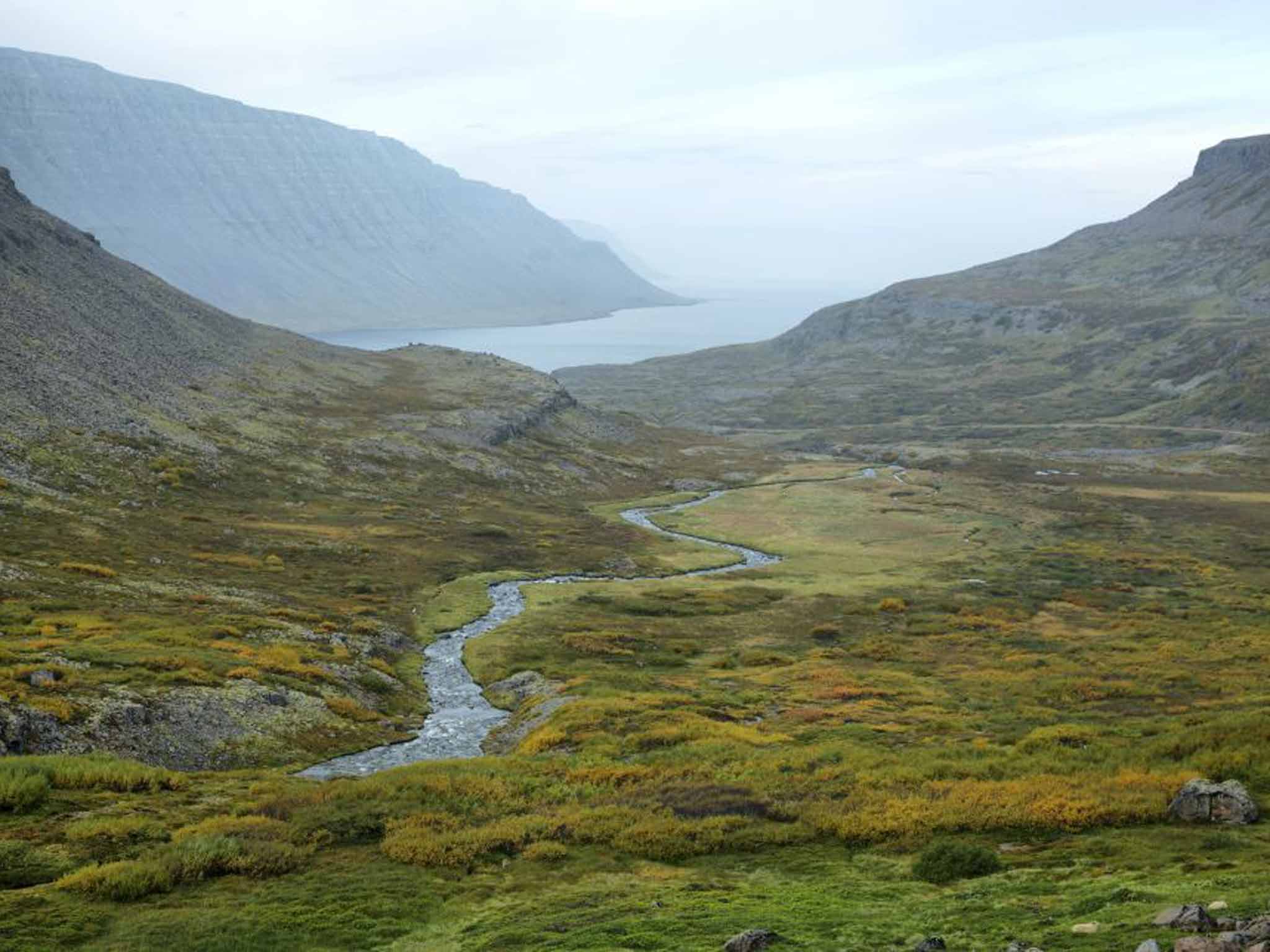Iceland revokes 400-year-old legal right in Westfjords district to kill Basques on sight
This grudge stems from an incident in 1615, when suspicions between locals and shipwrecked whalers from Spain led to the slaughter of 32 Basques

Your support helps us to tell the story
From reproductive rights to climate change to Big Tech, The Independent is on the ground when the story is developing. Whether it's investigating the financials of Elon Musk's pro-Trump PAC or producing our latest documentary, 'The A Word', which shines a light on the American women fighting for reproductive rights, we know how important it is to parse out the facts from the messaging.
At such a critical moment in US history, we need reporters on the ground. Your donation allows us to keep sending journalists to speak to both sides of the story.
The Independent is trusted by Americans across the entire political spectrum. And unlike many other quality news outlets, we choose not to lock Americans out of our reporting and analysis with paywalls. We believe quality journalism should be available to everyone, paid for by those who can afford it.
Your support makes all the difference.In late April, one of the world's strangest laws was quietly revoked. Authorities in Iceland's Westfjords district, the scenic northwestern corner of the Scandinavian island nation, repealed a 400-year-old decree ordering the death on sight of any Basque person found in the region.
This old grudge stems from a grisly incident in 1615, when misunderstandings and suspicions between locals and a group of shipwrecked whalers from what's now the northern coast of Spain led to the slaughter of 32 Basques. The decree was ordered by the district's bloodthirsty magistrate. Of course, newer laws have since been put in place, and no person from the Basque country has been in actual danger for a very long time.
"The decision to do away with the decree was more symbolic than anything else," Westfjords district commissioner Jonas Gudmundsson told reporters last month. "We have laws, of course, and killing anyone — including Basques — is forbidden these days."
In a country of Iceland's small size — it has a population of just over 300,000 people — such seemingly obscure episodes still have a profound resonance. The prominent Icelandic author Sjon wrote of the "slaying of the Spaniards" in his acclaimed 2011 novel "From the Mouth of the Whale," depicting the incident as a hideous act of treachery and opportunism carried out against the shipwrecked sailors.
Though remote and sparsely populated, Iceland still found itself at the crossroads of all sorts of global history. The Viking explorers who first reached the New World set sail from its coasts. A decade after the killings of the Basque whalers, raiders from as far away as North Africa ravaged the Icelandic coast, kidnapping hundreds of locals as slaves. The "Turkish abductions" of the 17th century are a defining event in Icelandic national memory and enshrined in the country's most famous church in the capital, Reykjavik.
Copyright: Washington Post
Join our commenting forum
Join thought-provoking conversations, follow other Independent readers and see their replies
Comments